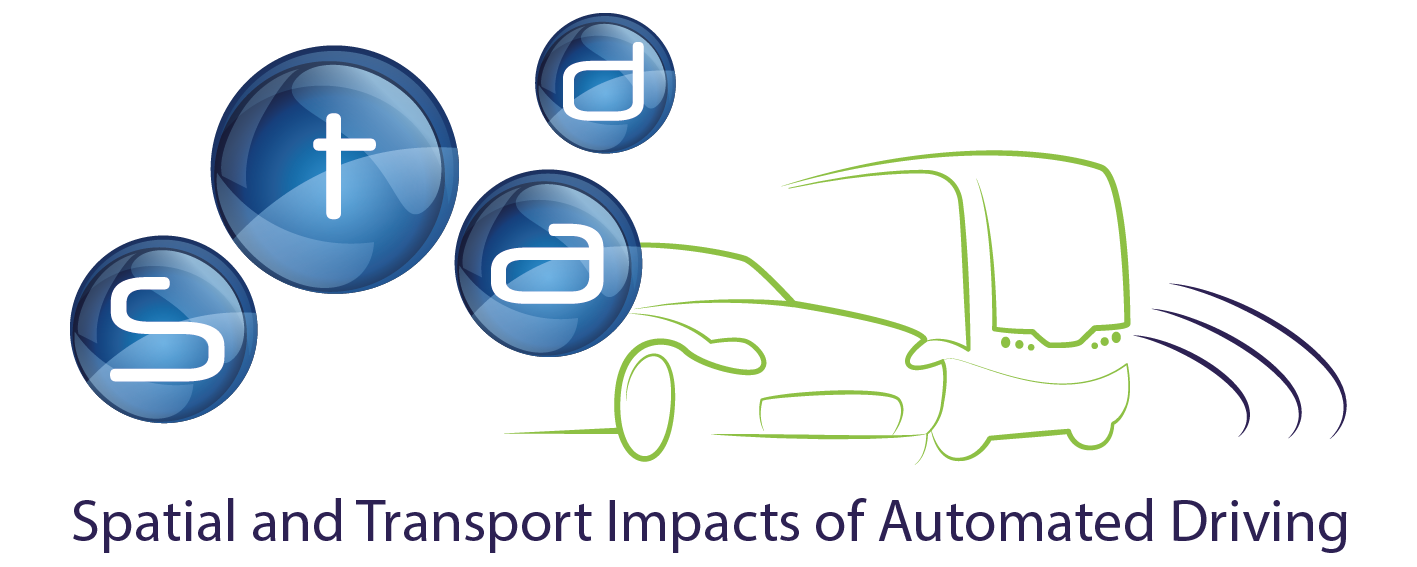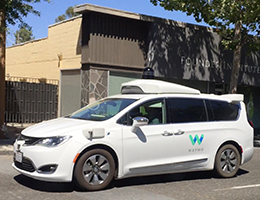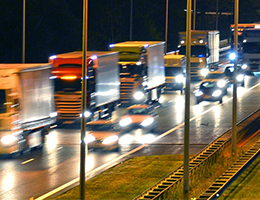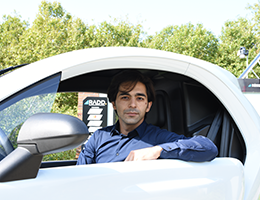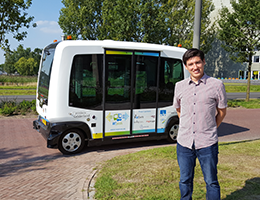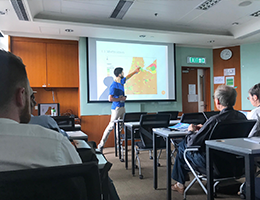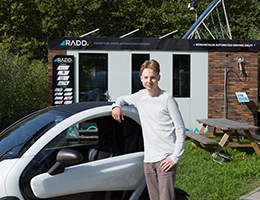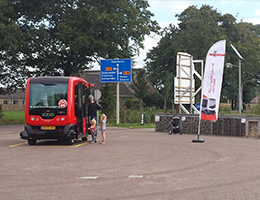The scientific project approach is based on the following coherent set of subprojects.
SP1 will study how automation will change passenger travel and location choice behaviour: assuming that drivers will be able to spend their travel time in a useful way, such as working or sleeping, they may decide to change their travel behaviour in terms of destination or transport mode. They may even decide to change their housing location and live on the countryside while working in the city centre. SP2 will study the impacts of automation on logistics and freight transport: truck platooning and automated package distribution will affect freight transport cost, reliability and speed, leading to re-evaluation of supply chain management decisions. In SP3 we study, from an infrastructure point of view, new concepts for efficient and robust multimodal transport service networks based on automation. SP3 will take into account dedicated infrastructure for automated driving, and evaluate different network design in terms of robustness. SP4 and SP5 have a strong spatial orientation. SP4 will focus on urban quality and safety aspects of driving automation, with particular attention to vulnerable road users. SP5 will focus on the impacts of automated driving on regional development, taking into account the changes in travel and freight transport patterns, multimodal transport networks and paying specific attention to economic impacts. SP5 will also study how the expected transport, spatial and economic impacts can be related to agglomeration strength. Together, these SPs will constitute an integrative, coherent research effort into the longer term, large scale, direct and indirect effects of automated driving.
The interrelations between these subprojects will be managed as loosely coupled and flexible connections. In addition to organized information exchange within the consortium, these interrelations are managed through researchers participating in multiple subprojects, the use of common case studies and selection of PhD candidates that combine academic focus with an understanding of ‘the bigger picture’. The STAD modelling environment (SP6) will integrate spatial and travel choice models, logistics and freight, multimodal transport service networks and spatial quality and economics. SP7 will develop case studies and demonstrators and establish links with current and upcoming projects in the Netherlands such as Automated taxis (Delft-Zuid), WePod (Ede Wageningen), Rivium (Rotterdam) and the port of Rotterdam as well as abroad.
More information regarding each workpackage can be found here:
